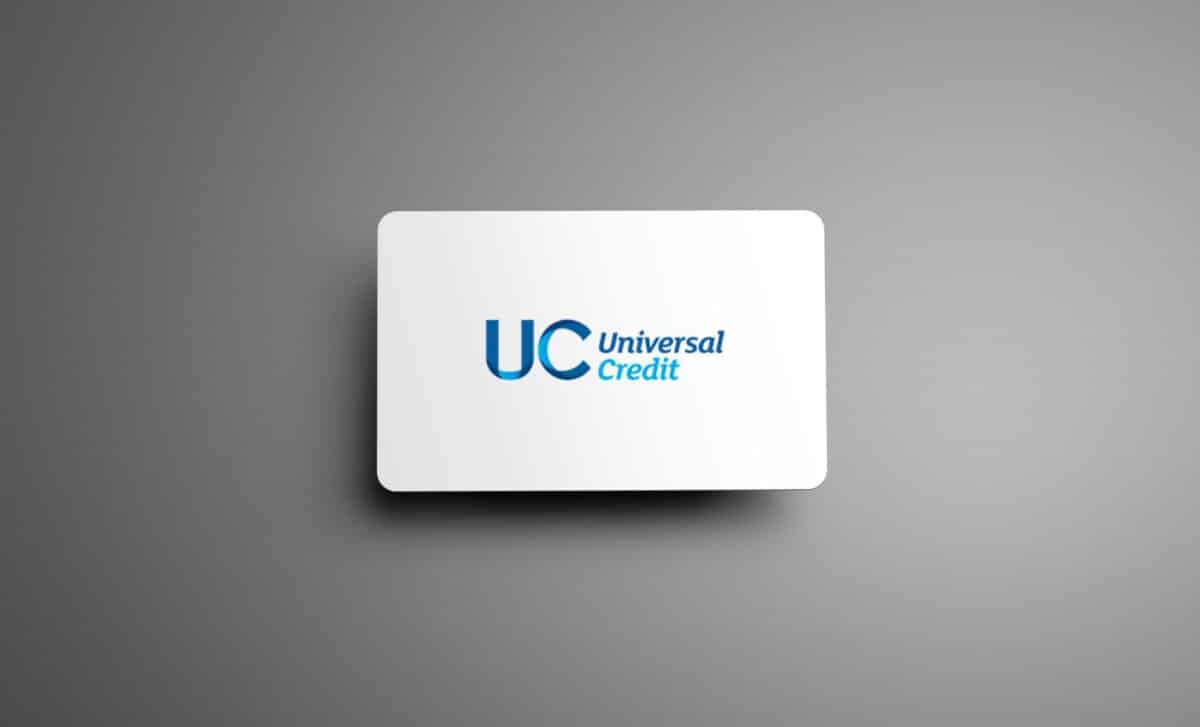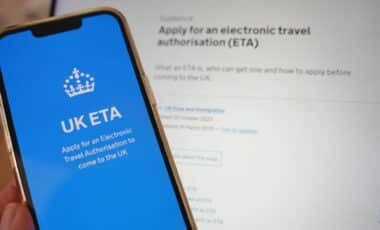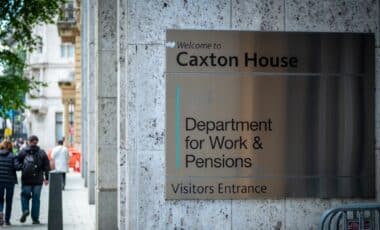Major changes to Universal Credit are expected to affect tens of thousands of claimants from April 2026. According to a detailed article by Birmingham Live, the Department for Work and Pensions (DWP) has confirmed that while most new claimants with health limitations will see their extra support halved, two specific categories of vulnerable individuals will retain the current, higher benefit rate. The reform centres around the Limited Capability for Work and Work-Related Activity (LCWRA) element, a key top-up for people deemed too ill to engage in employment.
What Will Change in 2026
From April 2026, new entrants to the LCWRA category under Universal Credit will no longer receive the full top-up of £423.27 per month. Instead, they will be awarded a significantly reduced rate of £217.26, which will be frozen at this level for five years. This change coincides with the planned removal of the Work Capability Assessment, which currently determines eligibility for the LCWRA payment based on a person’s medical condition.
In the place of this system, eligibility for the new “health element” of Universal Credit will depend on receiving the daily living component of Personal Independence Payment (PIP). This is part of a broader strategy to simplify assessments and reduce the number of individuals undergoing capability evaluations. The DWP estimates that approximately 40,000 fewer people will be assessed for work capability as a result.
Who Will Keep the Full Amount
The government has included a critical safeguard for two vulnerable groups. According to guidance cited in the new Universal Credit and Personal Independence Payment Bill, “from April 2026, for any new LCWRA determinations that have the Severe Conditions Criteria (SCC) or Special Rules for End of Life (SREL) applied, we would apply the protected LCWRA rate, providing parity with the protection that existing LCWRA claimants receive under the reforms.”
This means individuals who either have severe lifelong conditions or are diagnosed with a terminal illness will continue to receive the full £423.27 monthly top-up. To qualify under SCC, claimants must present a medical condition that is expected to persist for the rest of their life, with no realistic prospect of recovery. The condition must meet LCWRA criteria at all times and be diagnosed by a professional affiliated with NHS services. This raises concerns for patients who obtain diagnoses through private healthcare, which the DWP will not recognise under the new rules.









